Modi has been elected to ensure economic growth, increase employment, lower inflation and lift millions out of poverty.
India’s cacophonous and protracted elections have resulted in a clear winner. Narendra Modi will lead his Bharatiya Janata Party (BJP) government without needing the support of any other party in parliament. This is the first time a non-Congress party has won a complete majority and signals the end of coalition politics, at least for now. A low caste tea-seller has risen to the premiership of the world’s largest democracy, defeating a powerful political dynasty. Modi’s government has enormous implications for both India and the rest of the world.
Goodbye to the Nehru Model
Since independence, India has had a socialist economy administered by a colonial-era bureaucracy. In the first flush of independence, there were triumphs such as India’s nuclear program, the formation of educational institutions such as Indian Institutes of Technology, and industrial growth of 7% from 1950 to 1965. Jawaharlal Nehru’s expansion of the state and adding to the powers of bureaucracy soon took its toll. The infamous license-permit raj soon took over and strangulated the country with red tape.
Under Indira Gandhi, Nehru’s authoritarian daughter, the Indian state expanded further even as she moved closer to the Soviet Union. More importantly, Indira subordinated the judiciary, superseded the most respected officers of the military and curbed fundamental freedoms, including that of the press. In 1975, she imposed what is known as “the Emergency,” throwing all her opponents into jail. Sanjay Gandhi, her unelected 28-year-old son, was the real power behind the throne and ordered officials around. A sycophant even declared that “Indira is India, India is Indira.”
Indira’s vacuous economic ideas were strikingly similar to Hugo Chavez. Her populist “remove poverty” slogan led to nothing but anemic growth and mass unemployment at a time when Deng Xiaopeng was instituting fundamental reforms that would go on to transform China. She destroyed inner-party democracy in the Congress and instituted absolute dynastic rule in both the party and the country. When Sanjay died, Rajiv Gandhi took over as heir apparent and succeeded his mother as prime minister.
For the last decade, India has been ruled by Sonia Gandhi, Rajiv’s Italian widow. She lacks a university degree and has no administrative experience. Yet she has been de facto prime minister with Manmohan Singh playing the role of a mere puppet. Sonia has wielded power without responsibility and not appeared in a single press conference or a television interview. Over the last five years, she has promoted her son, whose callow coterie has been ruling the country by proxy.
The Indian stock market is already booming. Indians are anticipating better economic times. Expect better growth in the coming years. Be prepared for a more assertive India.
Rahul Gandhi, Sonia’s son, was the prime ministerial candidate in the recent elections. His most notable public foray before the campaign was humiliating Singh in a press conference. Despite holding no executive office, Rahul declared that an unpopular and questionable ordinance ought to be torn up, making a public spectacle of Singh’s impotence. It is an open secret that Rahul is intellectually challenged and has just presided over the biggest defeat of the Congress. Yet he is the uncontested leader of the party. Nehru’s model of a big state, red tape, populist economics, low growth and dynastic rule has failed. The voters of India have chosen an alternative.
A Vote Against Patronage, Corruption and Dynasty
Around a decade ago, this author resigned because of the endemic corruption in the government. Since then, corruption has only increased exponentially. The multi-billion dollar scams under Sonia’s government have been well chronicled. Cash changed hands for allocating coal mines or 2G Spectrum. Votes were even bought in the Indian parliament. Such developments led to a national anticorruption campaign and the formation of the Aam Aadmi Party (AAP) that has an anticorruption agenda.
A land mafia has emerged in the country. Robert Vadra, Sonia’s infamous son-in-law, is rumored to be one of its most terrifying members. The government seizes land from villagers in the name of development. It then sells land to politicians and their cronies. They use this land to construct shopping malls, business offices and apartments, making fortunes in the process. Much ownership is benami, a shady practice of de facto ownership whilst avoiding legal ownership. Property is systematically undervalued, leading to massive tax evasion.
An education mafia has also emerged under the last ten years of Congress rule. Those with connections have been starting schools, colleges, technology institutes and even medical schools. This enables them to seize land, gain tax benefits and launder money, even while earning social prestige. The standard of education in these schools is often pathetic. Standards have also fallen in government schools and universities, which have been left to rot through underinvestment and maladministration. Such is the state of affairs that vice-chancellors of prestigious universities are purported to take kickbacks in construction and other contracts.
A senior government official calls the current state of affairs “the nadir of the nadir.” In the name of empowerment, Sonia’s government has dispensed patronage through welfare schemes and orchestrated a decentralization of corruption. Money is given to schemes as grants-in-aid that are not subject to audit. Around 30% of the revenue expenditure is spent on grants-in-aid. Much of this money is passed on to registered societies, nongovernmental organizations (NGOs) and trusts. Once the money is released, all the government requires is a two-line utilization certificate. It is not audited by India’s reputed auditing body.
Grants-in-aid are loved by left-leaning academics, both at home and abroad. In theory, they are supposed to increase income, lower poverty, improve education, increase access to health care and generate employment. In reality, grants are made to political favorites. The Congress expected them to pocket sweetheart deals and bring in the vote in a modern day rural version of Tammany Hall politics.
Even the Mahatma Gandhi National Rural Employment Guarantee Program (MNREGA), the much-touted employment generation scheme loved by Amartya Sen, is a disaster. Indian auditors have found that the MNREGA fails to create many fruitful assets as most projects are abandoned midway. Even the assets that are actually created do not turn out to be durable. Far too often, the few assets that are created are for private gain, not social benefit. Most of this grant money is siphoned off by local strongmen and that is why fancy foreign vehicles can be found in remote parts of the country that lack roads, drinking water and sanitation. A sudden influx of money has boosted the culture of crime in many parts of India.
Finally, such is the culture of impunity in India that there is no rule of law or even order left. The wife of Shashi Tharoor, a glamorous United Nations official and a darling of the media, died in suspicious circumstances at a hotel. This was after a very public dispute involving Tharoor’s affair with a Pakistani journalist. His wife was reportedly found dead with marks on her body. Off the record, police officers say this was a textbook case for abetment of murder, if not murder itself. It may well be that Tharoor is innocent, but the point is the death of his wife should be investigated properly. Instead, the police have not dared to examine the matter.
Over the last decade, the police have spent much of their time guarding the powerful. They have little time for normal duties, including investigation. In the last few years, the Central Bureau of Investigation (CBI), India’s version of the FBI, had become “her mistress’ voice,” answering to the beck and call of Sonia. The judiciary does not function because lower courts are inundated with millions of cases and no file moves without greasing the wheels. Many question the integrity of the Supreme Court in private but are too afraid to say so in public for fear of being jailed for contempt of court. Even the Election Commission was suspected of losing independence because Sonia appointed all its members. Rahul’s unauthorized presence in several voting booths was overlooked, while his opponent was ordered to leave town.
Indians have become fed up with the collapse of rule of law, the lack of opportunity, the arrogance of those in power, the sense of entitlement of members of the lucky sperm club, and outright theft of the state exchequer on a spectacular scale. They have voted for change.
So, Sonia Was Awful But Why Modi?
A Fair Observer article published before the election sums up why people voted for Modi. As chief minister of Gujarat, he has presided over Chinese-style growth rates. He has instituted power reforms, built roads, developed ports, improved irrigation and created jobs. People from impoverished states have been flocking to Gujarat in search of work and these stories have started reaching their villages in an age of mobile telephones. People marvel at stories of low crime, little day to day bribery and relative prosperity. They have voted for Modi so that he can replicate the Gujarat model throughout India.
Modi’s victory is also a result of great marketing and superlative messaging. His team ran a disciplined campaign that was clear about the message and targeted key voter groups effectively. Modi promised development. He projected himself as a man of the masses who rose from the bottom. He framed Rahul as an out of touch prince who did not have any vision for India. Modi campaigned tirelessly, addressing rallies across the length and breadth of the country. His oratorical skills in Hindi are exceptional, as is his ability to emotionally connect with voters. Indians who have long-been in thrall to the Nehru dynasty were gradually seduced by the Modi story. Bollywood could not have scripted it better.
But, What About Minorities, Corporates and Pakistan?
Modi is regarded as a right-wing Hindu butcher by many because of his alleged role in the 2002 Gujarat riots. Some estimate that up to 2,000 Muslims died. Those who blame Modi include the foreign media, left-leaning intellectuals, Christian leaders and a large number of Muslims, both inside and outside the country. The riots are certainly a blot on Modi’s record. Yet he has worked hard to overcome them. Since 2002, there have been no riots in Gujarat. Other states have experienced more violence, including riots. More importantly, Modi has understood the need to reach out to minority communities and is going to be far more reasonable than his opponents expect.
Already, Modi has invited Pakistani Prime Minister Nawaz Sharif to his inauguration. This is a historic first and demonstrates that Modi is rising to the demands of his new office. Some members of the Pakistani High Commission in Delhi are privately glad to see Modi in power. They had despaired of dealing with Singh, who was unable to make any decision and was clearly not in command. Sonia was inaccessible and incommunicado like a Sphinx, leaving the Pakistanis with little clue as to who to deal with. With two business-friendly leaders running both Pakistan and India, this might present the best shot for peace in the subcontinent. Of course, risks remain, including that of nuclear war but they are exaggerated by fear mongers. Furthermore, Modi seems to be reaching out to India’s neighborhood despite the opposition of powerful Indian politicians and will look east and put business first.
Some fear Modi as a hardcore neoliberal administrator who is going to favor his corporate friends such as Gautam Adani. They believe that gender and social equity will be sacrificed at the altar of high growth. This is simply untrue. First, a woman has succeeded Modi in Gujarat, demonstrating that India’s new prime minister is not quite the chauvinist he is portrayed to be. Second, Modi himself is a member of the lower castes and is the first Indian prime minister of such humble origins. He has demonstrated during the course of the elections that he understands reaching out to the marginalized and dispossessed. Tellingly, he broke down in parliament when talking about serving the country.
Finally, alarm bells have been raised about India’s adivasis, the tribes who live in India’s mineral rich forests. The government has often given their land to mining companies without consultation or compensation. Some estimate that a third to a quarter of India’s districts suffer from an insurgency led by Naxalites, India’s home-grown Maoists. Their core support comes from adivasis, who have been abandoned by the administration and have no recourse to justice. Under Sonia’s government, veteran politician P. Chidambaram launched massive operations, including large paramilitary offensives involving airstrikes, and funded private militias to decimate the Naxalites. Many fear that Modi will be a Chidambaram on steroids vis-à-vis Naxalites. This fear is unreasonable. Modi will be tough but it is not in his best interests to take Chidambaram’s route, because he is making a play for the adivasi votes.
What Next After Modi’s Win?
The Indian stock market is already booming. Indians are anticipating better economic times. The animal spirits that John Maynard Keynes talks about have already been unleashed. Expect better growth in the coming years. Be prepared for a more assertive India.
The views expressed in this article are the author’s own and do not necessarily reflect Fair Observer’s editorial policy.
6 comments
Leave a comment
You must be logged in to post a comment.
Support Fair Observer
We rely on your support for our independence, diversity and quality.
For more than 10 years, Fair Observer has been free, fair and independent. No billionaire owns us, no advertisers control us. We are a reader-supported nonprofit. Unlike many other publications, we keep our content free for readers regardless of where they live or whether they can afford to pay. We have no paywalls and no ads.
In the post-truth era of fake news, echo chambers and filter bubbles, we publish a plurality of perspectives from around the world. Anyone can publish with us, but everyone goes through a rigorous editorial process. So, you get fact-checked, well-reasoned content instead of noise.
We publish 2,500+ voices from 90+ countries. We also conduct education and training programs
on subjects ranging from digital media and journalism to writing and critical thinking. This
doesn’t come cheap. Servers, editors, trainers and web developers cost
money.
Please consider supporting us on a regular basis as a recurring donor or a
sustaining member.
Will you support FO’s journalism?
We rely on your support for our independence, diversity and quality.



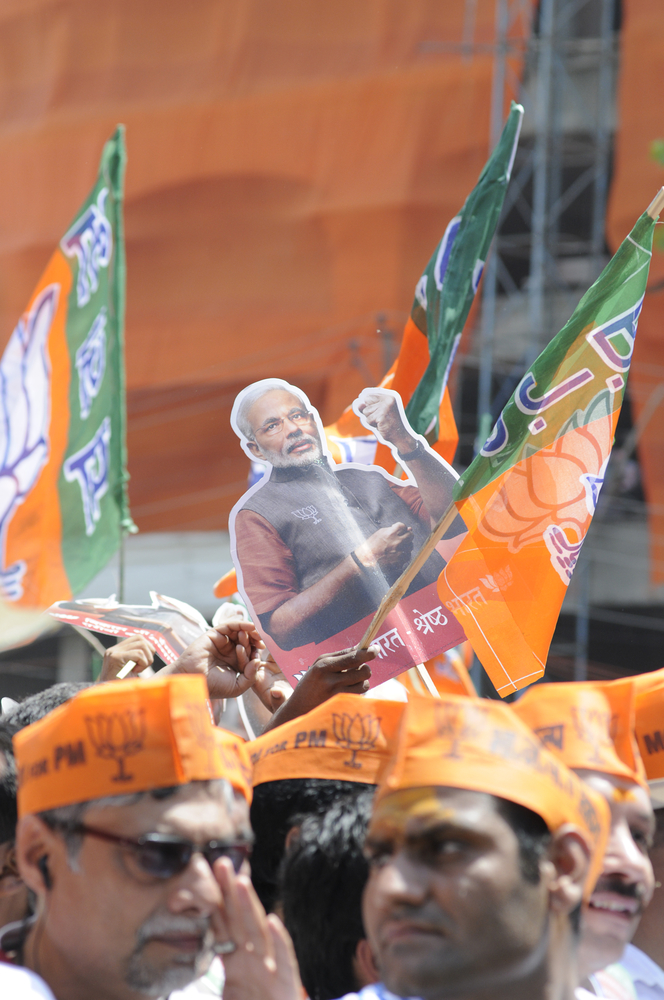

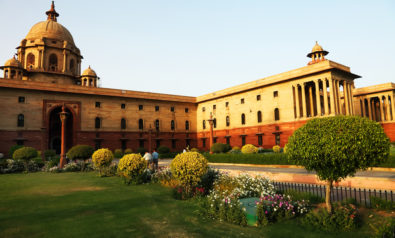
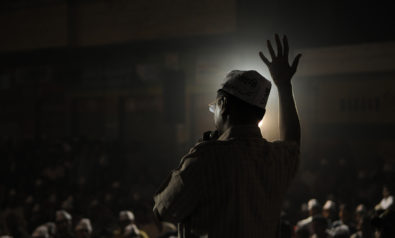
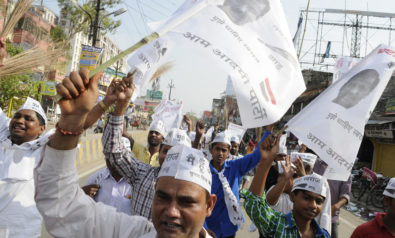
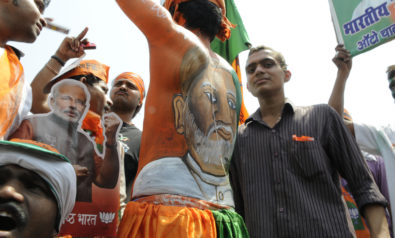
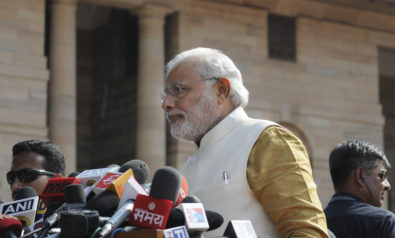
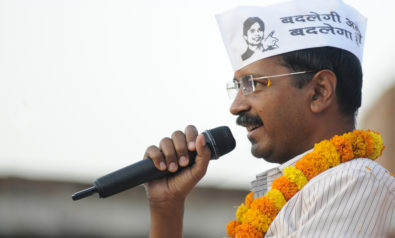
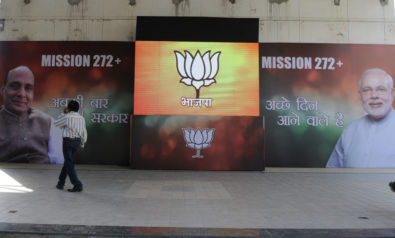
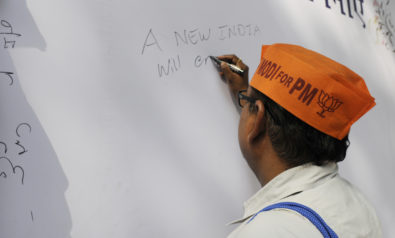
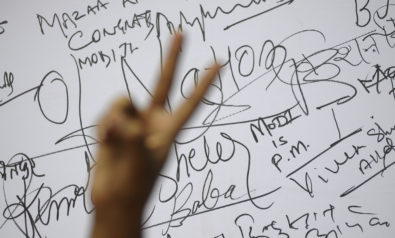

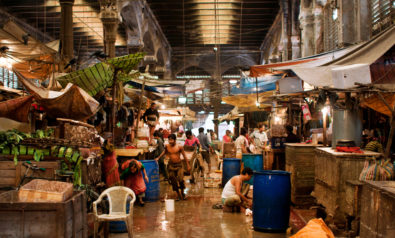

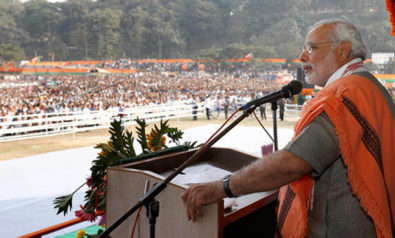
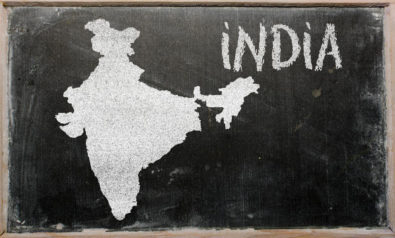
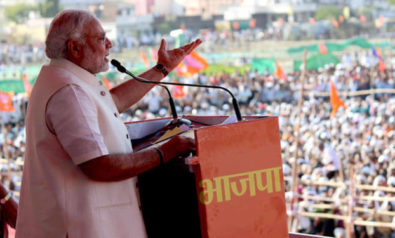
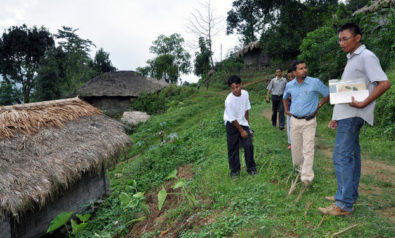
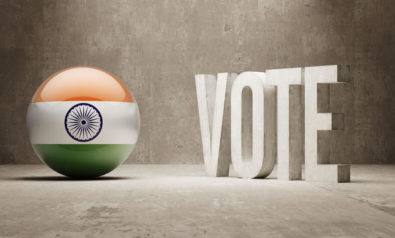

skand shukla
June 4, 2014
Very succinctly put, I would say.
Randhir
May 26, 2014
PM Modi understands the core aspirations and needs of Indians.The results of elections clearly express the desires of citizens for a strong and decisive leadership. Also resurgence of national pride and morale which had plummeted due to corruption, lack of security-external,internal,jobs, inflation, weakening law &order,pseudo secularism, doles etc. Vote for the new Govt is a clear indicator that people want to live honorably,with dignity for a strong India. The author has flagged some issues appropriately. My compliments.
pramod Kumar
May 26, 2014
It is a brilliant piece of analysing what ails indian political and ecomomical systems. Analysis could not have been more straight forward. Calling a spade a spade needs lot of courage specially in Indian context where political vandetta is rule of the land rather than exception. After all what Sonia and Manmohan did to our economy and national security, remember 26/11 and beheaded soldiers,what kind of dignified criticism they deserve? I fail to understand.
Manoj Tripathi
May 25, 2014
By all his past Modi will end up doing favours to selected Industrialist in the country ,but the economic growth is directly related to Inclusive growth which is already lacking with Gujarat Model...inflation will be soaring..the oil prices will soaring..what is worth giving a watch is his stand for underprivileged and peasants of the country..
Bodhisattva
May 25, 2014
Dear Editor, This piece appears to b biased and at time humiliating to some actors mentioned in the article. It could have been as critical as it is but dignified criticism. Author lacks the grace which is required as is made out in his accompanied profile.
Ishaan Saxena
May 25, 2014
A very comprehensive, insightful and scathing article which raises a number of important questions. India has shunned the dynasty but I doubt whether the Congress will learn much from their recent drubbing. People have hopes from the new government. Modi will assiduously work towards building a better India.